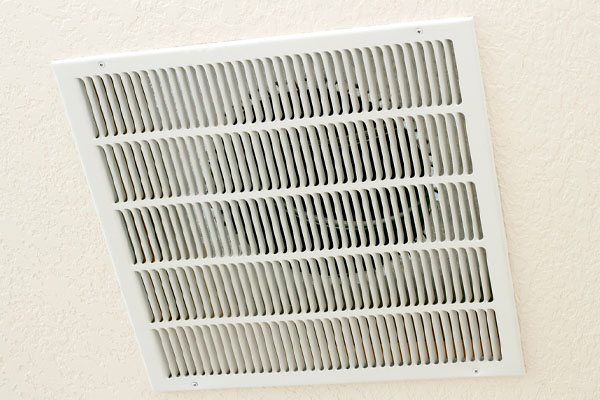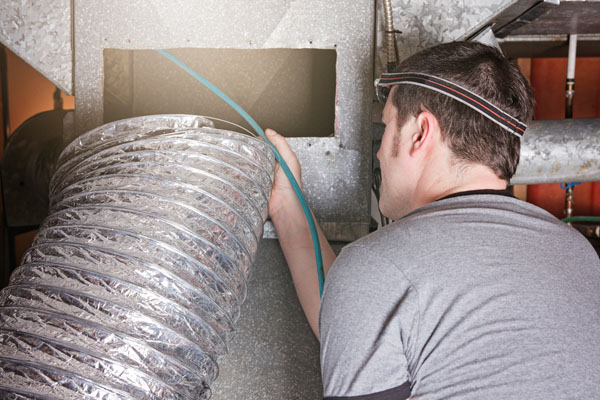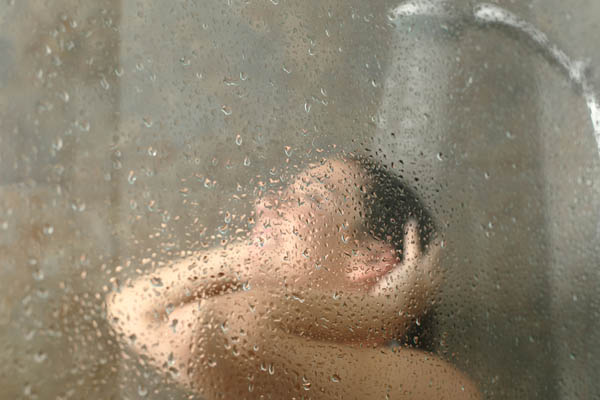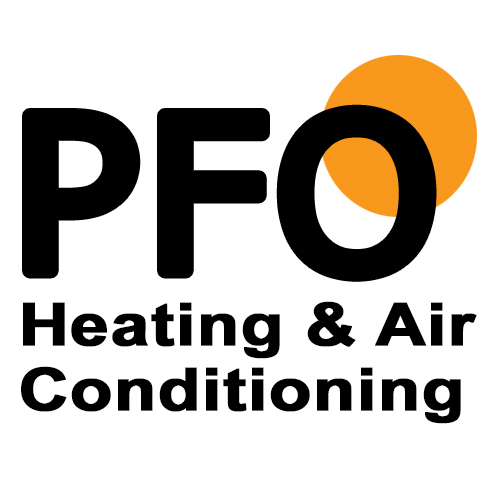
Indoor comfort extends beyond just heating and cooling. HVAC contractors understand that the “V” in HVAC stands for ventilation and holds equal significance. Neglecting ventilation can lead to issues despite having top-notch heating and cooling systems. Prioritizing ventilation efforts can yield valuable benefits. Are you prepared for a positive transformation? Consult HVAC contractors for guidance and gain insights into fundamental ventilation principles. This article will address the question, “What is mechanical ventilation?
What is Mechanical Ventilation?
Contents
Let’s begin with a definition. A comprehensive HVAC system is designed to accomplish various tasks, including heating, cooling, cleaning, ventilating, humidifying, and dehumidifying. The aim is to create a comfortable and healthy indoor environment. Furnaces and air conditioning units manage temperature and humidity. But what about ventilation? It involves bringing fresh outdoor air indoors. It is a pivotal component of the HVAC system. Indoor spaces can become stagnant, uncomfortable, and unhealthy without proper ventilation.
Adequate ventilation strikes a delicate balance between fresh air and energy efficiency. This becomes evident in older buildings where cracks, gaps, and poor insulation inadvertently allow outdoor air to enter. The heating and cooling systems are forced to work harder to counteract temperature fluctuations caused by outdoor air. The result: higher monthly energy bills. The silver lining is that mechanical ventilation is a more efficient way to achieve proper air exchange.
Related Article: What is the Difference Between An Air Conditioner and A Heat Pump?
How Does Mechanical Ventilation Work?
Contemporary homes and buildings no longer rely on passive openings for natural airflow. Instead, they leverage technology to enhance air circulation while maintaining energy efficiency. This active form of ventilation uses mechanical components that operate as needed. Skilled technicians configure for proper timing, sourcing, and volume. This approach guarantees a balanced inflow of fresh outdoor air into your home – never too much or too little.
Mechanical ventilation uses a network of fans and ducts. They carefully draw in outdoor air and distribute it throughout the rooms. The system can also swiftly expel unwanted exhaust air from bathrooms and kitchens. This prevents indoor spaces from becoming unpleasant even when activities generate smoke or fumes. Tasks such as cooking become more enjoyable when you can breathe freely in your kitchen.
Related Article: Why Your Air Conditioner Is Not Removing Humidity
The Benefits of Mechanical Ventilation
1. Air Flow Control

Relying on passive ventilation leaves you at the mercy of nature’s whims. The strength of the wind varies with the weather, leading to unpredictable results. Excessive outdoor air infiltrating your home can disrupt your HVAC system. It can cause energy bills to skyrocket and comfort levels to plummet. This air imbalance can even manifest as doors moving on their own or unwanted odors permeating public areas. Outdoor air can carry allergens and pollutants indoors, affecting indoor air quality.
Meanwhile, inadequate air circulation can result in a stuffy indoor environment. Pollutants become trapped. They can accumulate and cause problems for your household. Mechanical ventilation effectively addresses these challenges in one go.
2. Source Selection
Getting fresh air is not the only consideration. Knowing its source matters too. For instance, if your home faces a busy street, you wouldn’t want air from that direction due to potential pollutants. Opting for outdoor air from the back of the house, which is cleaner and fresher, could be a better choice. This level of control is achievable with mechanical ventilation. Professionals can strategically position the intakes for optimal outcomes. They will also determine the ideal locations for exhaust vents to prevent damage and avoid unpleasant odors.
Related Article: What Is The Difference Between a Portable and Whole-Home Air Filtration System?
3. Humidity Management

When faced with humidity problems, mechanical ventilation offers a solution. In some instances, relying solely on the furnace and air conditioner is insufficient to maintain ideal moisture levels. Enhanced air circulation in specific areas becomes crucial. The bathroom, for example, is a consistently damp space where surfaces can quickly become breeding grounds for mold. By using an exhaust fan during and after a shower, these surfaces can dry more rapidly. The ducts can expel the humid air outdoors, improving indoor humidity control.
4. Temperature Regulation
Your mechanical ventilation system can also serve as a means to uphold a pleasant indoor temperature. During the summer, attics become excessively warm. A strategically positioned attic fan can draw hot air outward, thwarting heat accumulation. With reduced downward heat radiation, indoor areas can feel more comfortable. You will be less reliant on cranking up the air conditioner to escape the sun’s intensity. Ultimately, this should lead to a decrease in your overall energy usage.
Related Article: Reasons To Avoid Closing Registers For Temperature Control
5. Odor Reduction

Cooking is fun, but some ingredients can be messy. Some have potent aromas that can fill the kitchen if not the whole house. Those fond of frying fish can undoubtedly relate. Even those that love flavorful spices may find the lingering scents of their dishes overwhelming. Mechanical ventilation takes charge by swiftly expelling smoke and odors. Compared to the slower natural dispersion method, it allows for accelerated exit of unpleasant odors. This prevents the entire space from becoming saturated with undesirable smells and stale air.
Variations in Mechanical Ventilation
Much like the various heating and cooling systems available, you also have a range of choices for mechanical ventilation. Some of these systems function autonomously. Other can be integrated with your existing HVAC setup. The choice depends on your specific situation. Getting the help of a certified HVAC contractor can help and provide valuable insights. Factors to consider include your usage habits, the layout of your home, and the climate in your region.
Related Article: Ductwork Makes Banging Noise: Causes & Solutions
Conclusion
Ventilation is a crucial component of home comfort. A well-rounded HVAC system includes advanced mechanical ventilation to achieve an optimal indoor atmosphere. Consulting with a reputable HVAC contractor will assist in identifying suitable equipment and fine-tuning its configurations.
Related Article: 5 Things To Check On The HVAC System When Buying A New Home
Call PFO Heating & Air Conditioning For All Of Your HVAC Requirements

PFO Heating & Air Conditioning provides top-notch heating and cooling services across the Greater Princeton, New Jersey region. Our team comprises certified technicians who are experts in offering exceptional HVAC tune-ups, repairs, installations, and replacements.
PFO Heating & Air Conditioning offers the most competitive costs for heating and cooling services in the vicinity. Our maintenance services enhance your comfort and boost energy efficiency while lowering your HVAC expenses. If you need HVAC repairs or replacement, we can recommend the optimal solution that aligns with your budget. We are committed to providing the best service and offer a satisfaction guarantee. Call us today to set a service or maintenance appointment and take advantage of our free, in-home estimates.
Click here to contact us now or call us at (800) 253-9001 to find out more! Click the link to view our service area.



